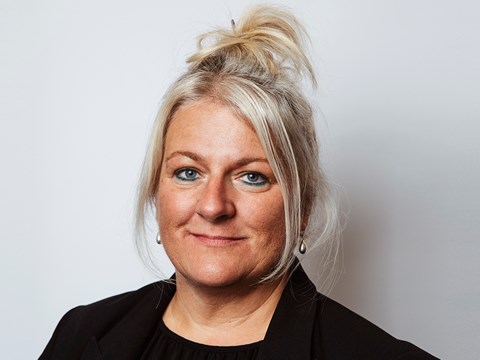Breaking the “bad brief” cycle – Vicky Gillan
02 Jan 2017
Whenever there’s a review meeting between agency and client, there’s always one comment I expect to hear; the poor quality of the brief. The agencies say it, the clients know it, and yet the repetition never fails to surprise me.
Even then, I was taken aback by the latest AAR research, which shows just how significant an impact poor briefing can have. The top three things preventing “right first time” work – cited equally by clients and agencies – were all to do with briefing problems.
So if everyone knows how important a good brief is, and understands the problems created by a bad one, why is this still an issue?
It comes down to time. Marketers nowadays have so many channels to manage and are under such pressure to deliver immediate results that taking the time to write a proper brief seems an impossibility. So agencies are briefed late or briefed badly, or both, which means they don’t have the time or information they need to do their best work (sadly, this fact can often be forgotten by the client when reviewing agency performance later on).
The good news is that you, the client, can change this. You can break the cycle. It may not always feel like it, but you control when you brief your agency. You know when your biggest campaigns or projects need to go live, and that’s where I suggest you begin. If creating a great brief means you’re much more likely to get better work from your agency, then the projects that matter most should be the ones that get this extra attention. And because you know when they’ve got to go live, you can set the timescale for briefing. So set a suitable start-date and stick to it.
It’s important to get senior management buy-in for this change of approach. The message that briefs are going to be written differently has to come from the top. The last thing you need is your staff having to explain to stakeholders why things have changed when they should be writing the brief. So make sure you explain to senior managers what you’re doing and why, and what you’ll need from them.
The next thing you need to make sure is that you’ve got the right people working on the brief. A lot of companies give the job to the most junior person, but back when I worked for P&G they had a mantra which I think still holds true: “You have to be in it at the beginning to bin it at the end”. So make sure you have the people who will sign off the finished brief in the room from the start.
At the same time, you need to watch out for stakeholder creep. There are always people you have to consult, but how many of them need to have an input and how many really just need to be kept informed? If you can cull your stakeholder list, you’ll speed up the process.
Once you’ve got the right people involved, make sure they’ve got the right tools. Make sure you have client briefing templates that are fit for purpose and help the brief writer to provide absolute clarity. Many clients use a one-size-fits-all template – which then doesn’t fit any size.
Another thing to think about is whether you can reduce the time you spend on business-as-usual. Ask your team which activities don’t add value, or could be the subject of another brief to find a better way of doing them; they’ll know. Cutting those will give you more time to concentrate on activities that do add value – and I promise you that writing better briefs is one of those.
Finally, think about other ways of tackling the process, such as co-creating the brief with the agency. This is usually a much better, more agile approach, since it starts from business objectives rather than channel imperatives. And it means the agency is much more likely to have all the information it needs, right from the start.
In today’s world, where clients want better work done faster and cheaper, breaking the “bad brief” cycle and improving the quality of briefs and briefing is almost certain to deliver on those aims.
About The Author





